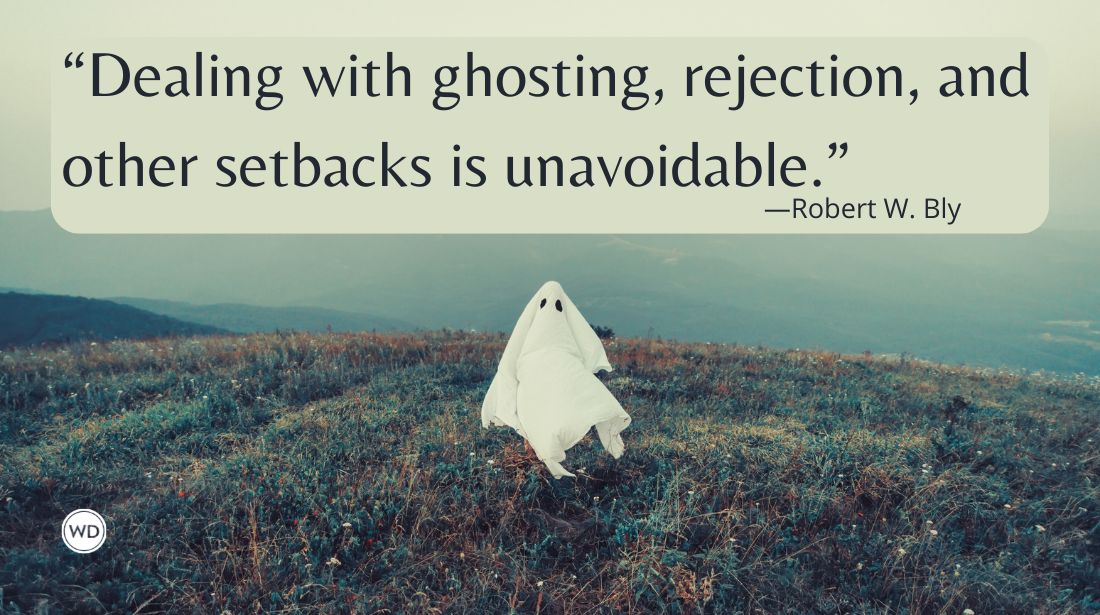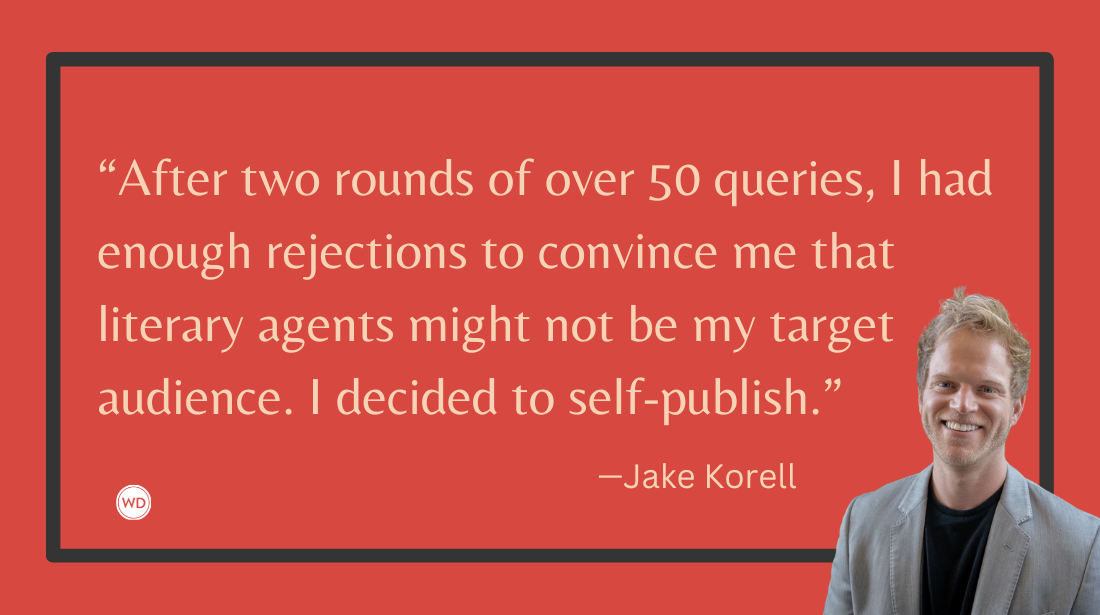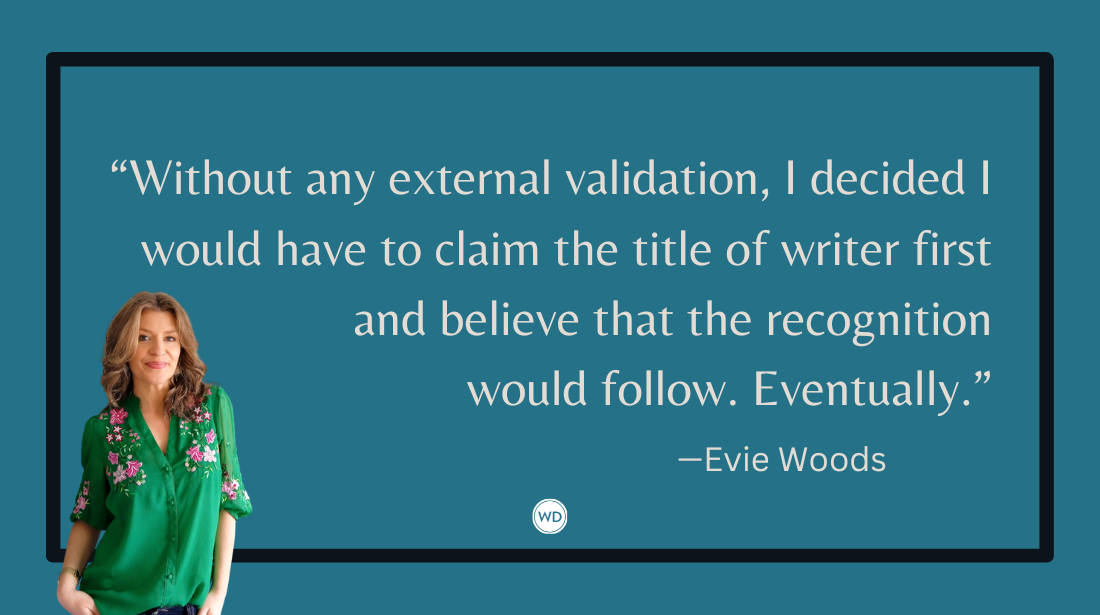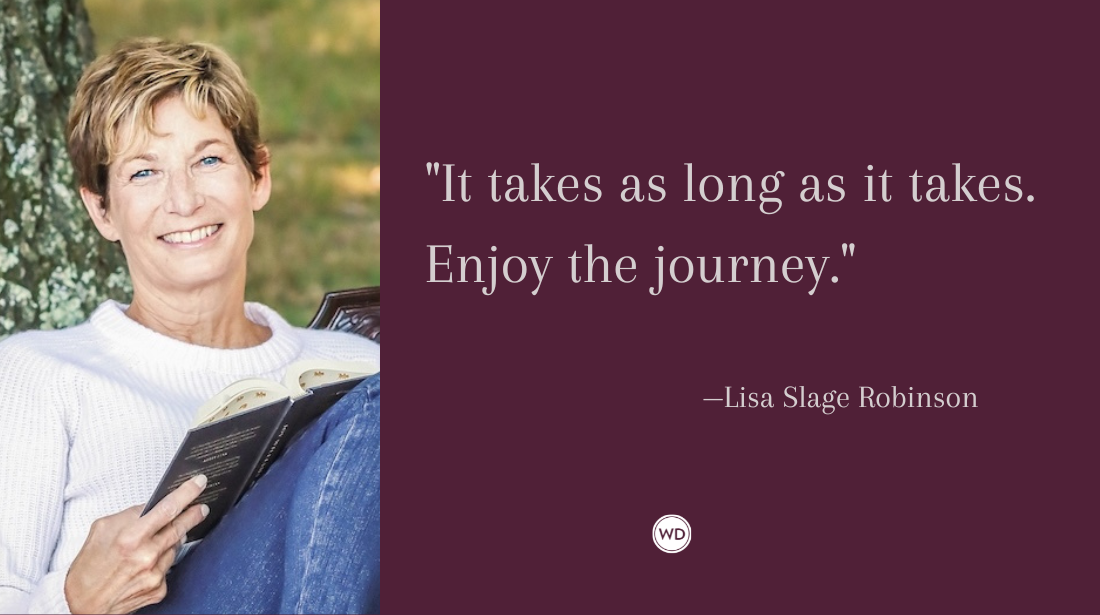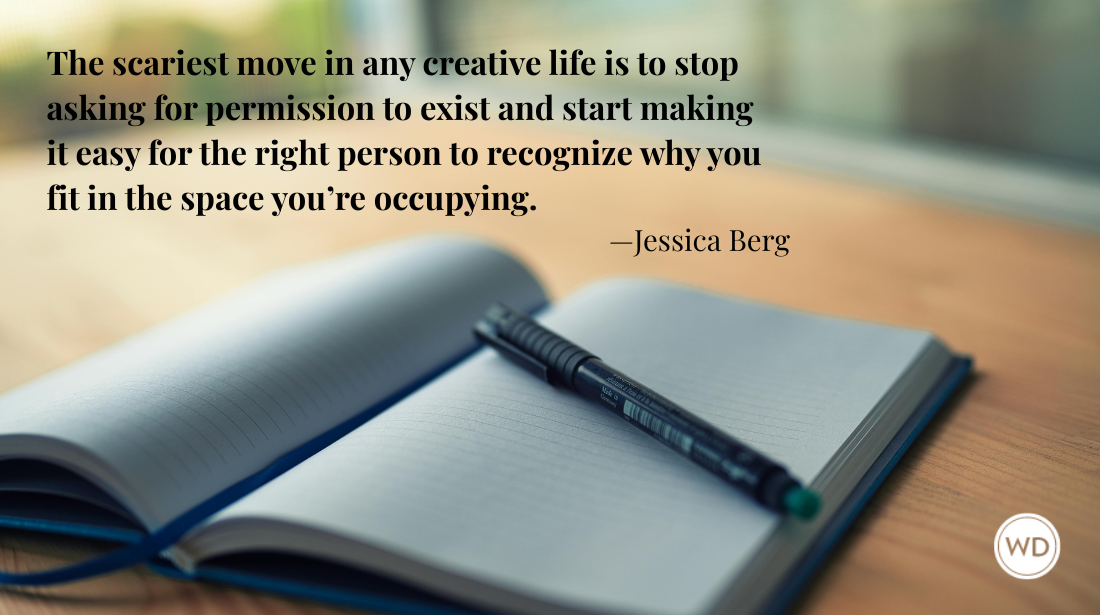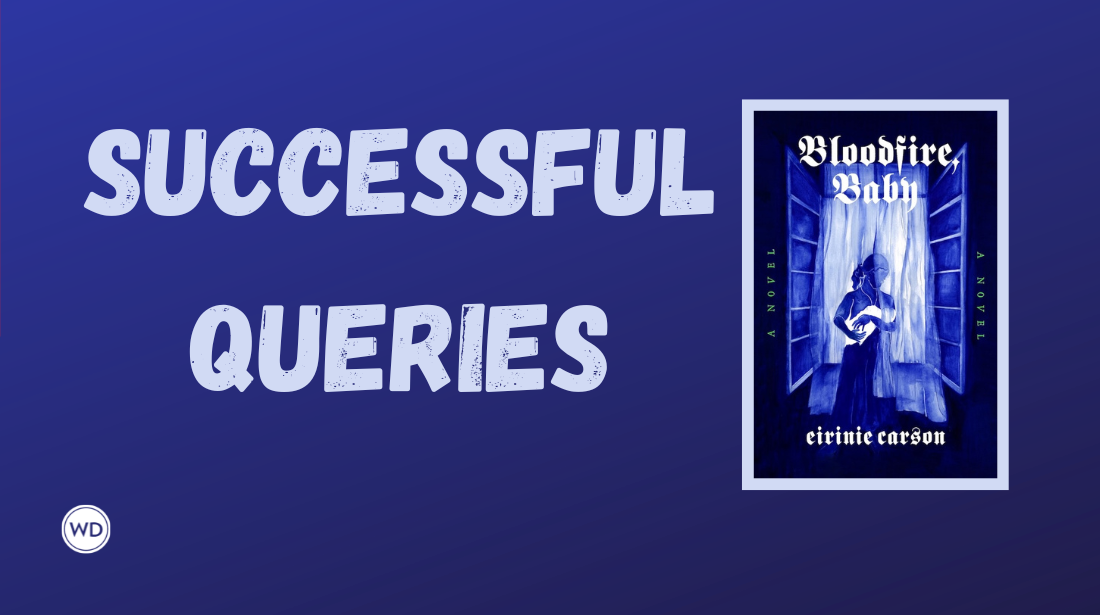7 Book Proposal Pet Peeves From Publishers
Award-winning author and podcaster Debra Eckerling shares book proposal pet peeves from seven different publishers to help writer submissions.
Book proposals bring together similar elements, so the author can showcase themselves and their nonfiction book idea. It incorporates:
- Concept: What the book is, how it’s unique, and why the author is the best person to write it
- Context: Its place on the shelves and in the world, as expressed through platform, marketing, audience, and comps
- Content: Detailed outline and sample chapters
While some publishers have nuances in how they like the book proposal presented—for instance, the order of the sections or exactly how many sample chapters—they all have certain pet peeves. If you display a red flag—or several—in your book proposal, it will not do you, or your book, any favors.
Here are some pet peeves from a variety of book publishers to help you navigate common pitfalls.
1. Don’t Clog Our Inbox
Some people send you their manuscript and believe you will read it … with no proposal.
When querying an agent—or a publisher who accepts un-agented manuscripts—send it with a query letter and, if applicable, a nonfiction book proposal. People in publishing are busy. We do not have all the time in the world to read 60,000 words.
Also, do not follow-up right away. Give us at least two months to get back to you. And do not follow-up for the sake of following up. If you must follow up, only do so when you have something good to share.
Rather than, “Have you read my proposal yet?” write about your recent segment on national news or a comp title that just hit the bestseller list.
Send helpful information that adds to why they should represent or publish your book.
—Brenda Knight is publisher at Books That Save Lives, a division of Jim Dandy Media
2. Don’t Jump the Gun
After 20 years in the business, I still see strange and woefully unprepared queries. For example, an author who wants a Zoom meeting right away, before she has even told us what the book is about. I find authors who are unfamiliar with the concept of a three-page outline. One even had the gall to ask me not to "share her manuscript publically." Like I'm going to post it on Reddit or something?
Learn the process and submit a good representation of yourself and your work.
—Victor R. Volkman, is the president of Loving Healing Press and its subsidiary Modern History Press since 2003
3. Don’t Waste Our Time
Probably number one is an email pitch to every publisher’s “info” email account that someone can find; sometimes BCC’d, sometimes not. When I see a pitch has been sent to Akashic’s “info” email along with numerous other publishers, I typically do not respond. It’s fine, of course, to reuse your pitch over and over, and send it along to many publishers, but please individualize the pitches…don’t do a group blast. For me this comes off as lazy which leads to peeve #3. Usually you can find an editor’s name to address it to, even if you’re sending to an “info” or general email account.
An email that comes into our “info” account addressed to “Dear Sirs” is almost always deleted upon receipt. It’s 2025. At the bare minimum, say Sir or Madam (also sounds super dated, but is less annoying).
Don’t pitch something that is so far afield from what we’ve published for the past 2+ decades. Any time I’m advising authors, I advise (beg?) them to do research on book publishers before pitching. Don’t waste your time—and our time. Akashic has a pretty varied list, but, for example, we don’t publish self-help books. We don’t publish romance novels or romantasy. Take a few minutes to poke around on a publisher’s website to see what they are publishing. Spend time on their social media to see what they are currently promoting, excited about, working on, and then if you think your work fits, reach out.
Also, don’t tell me in your pitch that have the next New York Times #1 bestseller. It doesn’t come off as confident to us, but naive…and pompous.
—Johanna Ingalls is the managing editor and director of foreign rights at Akashic Books, where she has worked for over two decades since being rescued from the music industry by Akashic publisher Johnny Temple
4. Be Realistic
Like most editors, it makes me a little frustrated to see authors comparing their books to huge bestsellers like The Let Them Theory. It’s not very helpful when it comes to telling me what your book is; a few more realistic competitive titles would provide more insight.
Hearing authors say that their book is going to do something that no book has done before—especially when it clearly has, in fact, been done before—is always disappointing.
For nonfiction proposals, I will almost always need information on the author platform. How are you going to promote your book? You don’t need to have a million social media followers, but I’d like to hear just about anything about how you’re going to reach readers: an email list or newsletter, a podcast (with audience information attached), a schedule of speaking engagements, etc.
—Kate Zimmermann is an Executive Editor at Andrews McMeel, where she acquires illustrated gift, self-care, and humor books, as well as new projects for the Amen Editions imprint
5. Check What You Claim
My biggest proposal pet peeve is when the submitter only comps the book to the biggest properties, like 'the next Twilight’ or ‘the next Hunger Games.’
I also get annoyed when they claim the submission is filling a need in the market that doesn’t exist, like saying that there’s a lack of strong female characters in the children’s book market.
—Alvina Ling, Little, Brown Books for Young Readers Vice President and Editor-in-Chief
6. Keep Your Proposal Targeted
My biggest pet peeve is an overly long proposal. It’s almost like the author and agent are throwing everything at you. Second biggest pet peeve: saying either “there’s nothing out there like this” or “this book is for everybody.”
—Matthew Holt is editor-in-chief at BenBella Books of the Matt Holt Books imprint; he was previously SVP at Wiley, leading the trade group
7. Be Professional
A significant issue lately is people sending submissions with no cover letter within the email, only attachments. Just as bad is sending poorly written cover letters, filled with typos, poor grammar, etc. Cover letters that seem to be written by AI are also a red flag.
Be sure to get your opening right. We ask for the first 50 pages of a book in our submission guidelines. If the first line of a book is terrible, we will reject it. Once we had a submission in which the first line was, “I woke up this morning and cleared my throat.” It didn’t work for us.
It really bothers me when there are no recent comparable titles. We ask for three to four comparable books published within the past two years. If an author says it’s not like any other recently published book, it often means they are not aware of anything that has been published recently, and assume their book will be sellable in today’s market without having any idea of what that market is.
Imagine a film actor showing up for an audition without being familiar with any recent movies, only films that are 50 years old or more. Or imagine a baseball player saying that they have never seen a recent baseball game, but they really like the way Babe Ruth played. Just like baseball, the current style of books is different than it was in the 1950s, 60s, and 70s. It doesn’t take much to read a couple of new books on similar themes to know how your book fits into the current environment.
Finally, don’t reach out to us with ideas for books that are definitely 100% not up our street. You could just look at our list and know whether or not that's not anything we want. Also, don’t send us anything that would be “cringe.” Cringe meaning ones with terrible writing; racist or homophobic writing definitely is something that will be a deal breaker immediately. If it's apparent in the cover letter or in the first three chapters, then it's no.
We can't accept everybody, but we do like people to resubmit if they've got something else. However, if you previously sent in something that was clearly not up our street—and a waste of our time—we're going to be more hesitant to accept anything in the future from you.
—Kat Georges is co-director of Three Rooms Press and author of the poetry collection Awe and Other Words Like Wow; she lives in New York City
Final Thoughts
It all boils down to this: Be professional, do your research, and check for typos. You want to represent yourself—and your book—in the best possible light.




